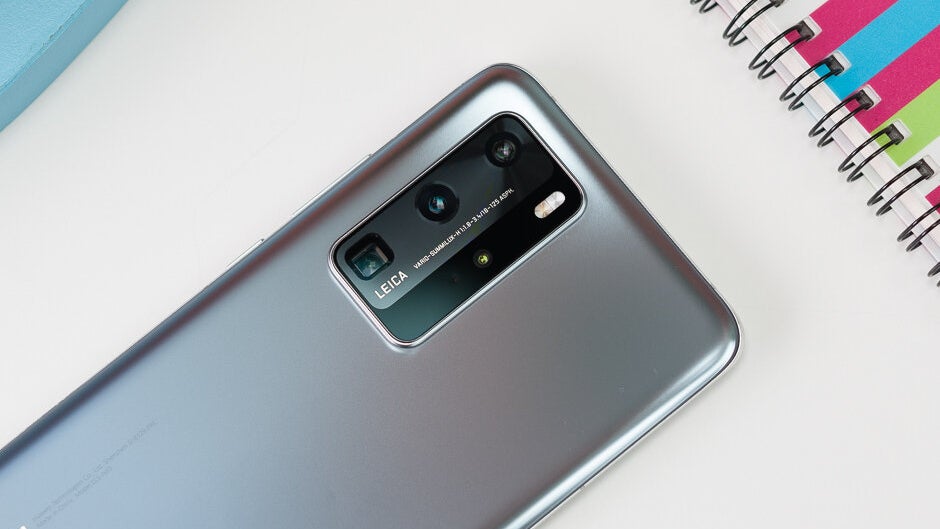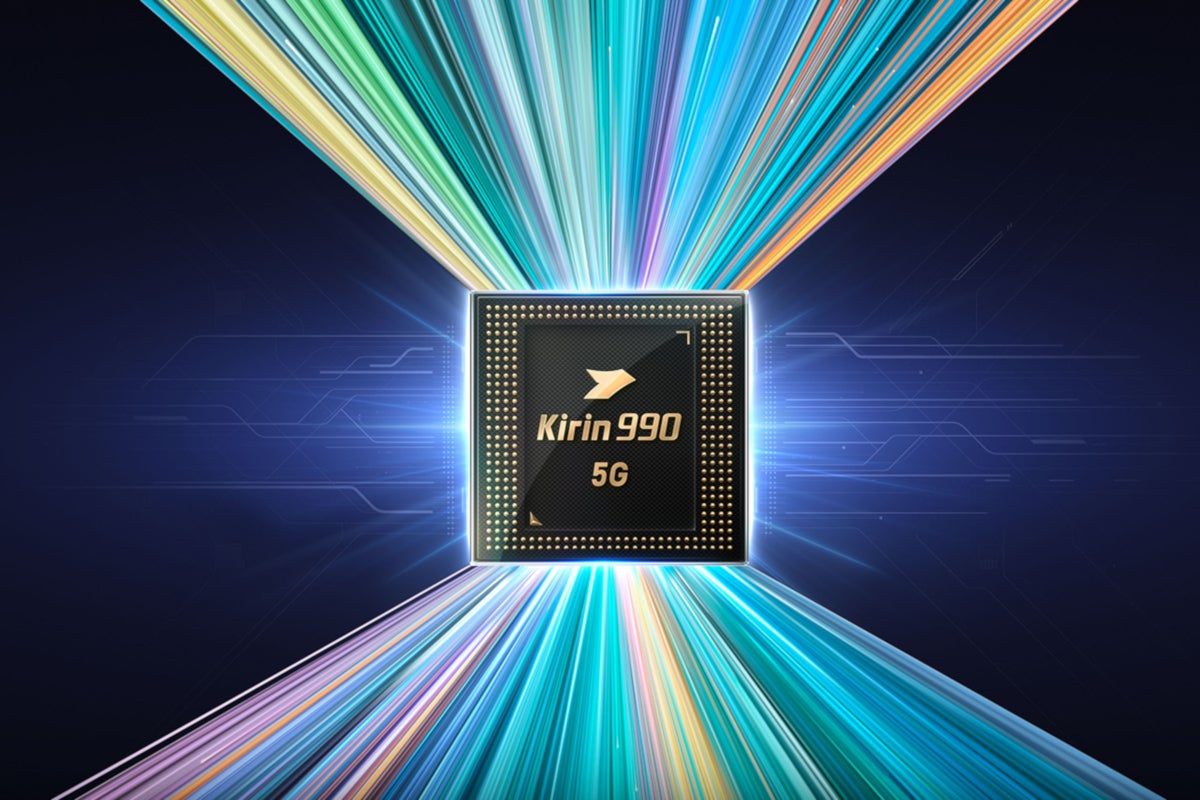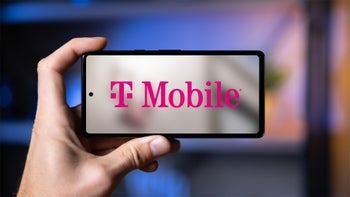Huawei looks at MediaTek for high-end 5G chipsets?

Huawei is facing a major problem. On May 15th, the U.S. Commerce Department announced a change to an export rule that allows it to block the shipment of chips to Huawei. Any foundry that makes its chips using U.S.-based equipment now needs a license from the U.S. to ship these components to the Chinese manufacturer. Chips produced from wafers in production when the announcement was made can still be shipped to the company as long as they are delivered within a 120-day grace period.
How will Huawei gain access to cutting-edge chips next year?
While the grace period might allow Huawei to acquire enough 5nm Kirin 1020 chipsets from TSMC for the Mate 40 line expected this fall, Huawei is trying to figure out what to do for next year and beyond. The company, through its HiSilicon unit, has its advanced chipsets manufactured by TSMC which is the largest contract foundry in the world. Huawei is TSMC's second-largest customer after Apple and the foundry is mass-producing its 5nm chips this year. At this process node, 171.3 million transistors fit inside a square mm compared to the 96 million that fit into the same space with the 7nm mode.

Huawei will lose access to cutting-edge chips after September
Looking at it another way, Apple's 5nm A14 Bionic SoC will have 15 billion transistors inside compared to 8.5 billion for the currently employed 7nm A13 Bionic chips. The higher the number of transistors inside a chip, the more powerful and energy-efficient it is. The 2020 5G iPhone models could be the first smartphones powered by a 5nm chip and the Mate 40 line could follow.
One thing that we've learned about Huawei is that the company is resilient. It actually grew shipments 17% last year even after getting banned from its U.S. supply chain. The 240 million handsets it shipped last year was 35 million more than the number it delivered in 2018 allowing it to surpass Apple for second place. But once Huawei is no longer able to access production from TSMC, where can it turn? As it turns out, even before the May 15th announcement Huawei was diverting some of its chip orders to SMIC. But China's largest foundry can only produce 14nm chips at the moment. These pack approximately 43 million chips into a square mm and are used for low-to-mid-range phones. In fact, on May 12th Huawei announced the SMIC-built 14nm Kirin 710A.
But the 14nm process node is not going to help Huawei produce the kind of flagship phones that allow it to compete with handsets created by Samsung and Apple. Huawei does have options. First, SMIC has been working on R&D that would allow it to build chips using the 7nm and 8nm process nodes. Huawei might be able to get by with 7nm chips since the Kirin 990 SoC that powers the Mate 30 series and the P40 line is made using the 7nm process.
But as GizChina reports, SMIC is making very slow progress since it is unable to obtain cutting-edge lithography equipment. This equipment marks up wafers with the patterns that are used to place transistors on a chip. The foundry recently imported such a machine from the Netherlands, but it is not the most advanced EUV technology. The latter uses ultraviolet beams to etch thinner lines on the wafers allowing for more transistors to be packed inside a chip. As one anonymous SMIC employee said, "To complete, we may need three or four steps. The lack of high-end lithography machines is the most critical problem. Except for lithography machines, our current equipment can solve the other issues."
Another option for Huawei is to use MediaTek chipsets. The chip designer also has its chips produced by TSMC, but there is nothing at this moment that prevents MediaTek from shipping its own branded chips to Huawei even if they are manufactured by TSMC. And since MediaTek's chips already power some of Huawei's mid-range devices, both companies are familiar with each other.
Follow us on Google News













Things that are NOT allowed:
To help keep our community safe and free from spam, we apply temporary limits to newly created accounts: